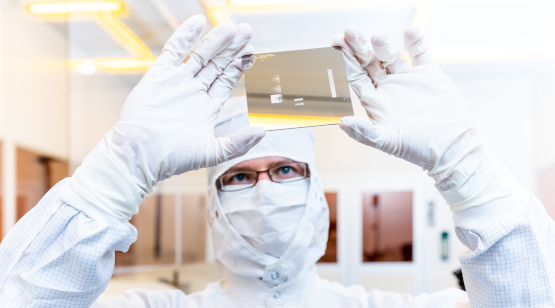
Materials Engineering
Bachelor of Engineering
With a degree in materials engineering, you are not confined to a particular industry or occupation. Materials engineering graduates often work in teams with experts from other disciplines. And they do so in a wide variety of industries. After all, there is no branch of industry that does not depend on new materials and substances. They can use the skills acquired during their studies in a variety of ways in companies in the materials producing and processing industry, but also in many other areas of the economy (mobility, climate and environmental protection, energy technology, health and medical technology, communication technologies, electrical engineering and electronics, optics, insurance).
Because of their solid education, the engineers trained with us with a practical orientation are among the most sought-after graduates on the labour market. With correspondingly good performance, graduates can usually choose from several job offers. Or they decide to continue their studies with a Master's degree. This also opens the doors of the research and development departments of companies and research institutes wide open ...
Find out here what materials engineering graduates are doing in their careers today.
Your career opportunities
Your tasks:
- Development of new battery components
- Analysis of specified vehicle functions and requirements for the battery system
- Review of specifications, functional descriptions and technical concepts
- Derivation of a specification / energy requirement
- Development of battery and electrode variants (Co, V, B, graphite, etc.)
- Preparation of technologies, material variants and documentation
- Influence of charging lines, charging cycles on capacity and temperature
- Ensuring system safety
- Supervision and coordination of activities with the system or assembly suppliers during integration and validation
Your tasks:
- Interface function to planning, process department, quality control and production
- Plausibility check of specification data for destructive testing/laboratory technology
- Collaboration in the maintenance of standards
- Maintenance and expansion of the reporting system
- Carrying out and moderating regular meetings
- Application of quality methods for effective and target-oriented analysis
- Participation in the error elimination process


